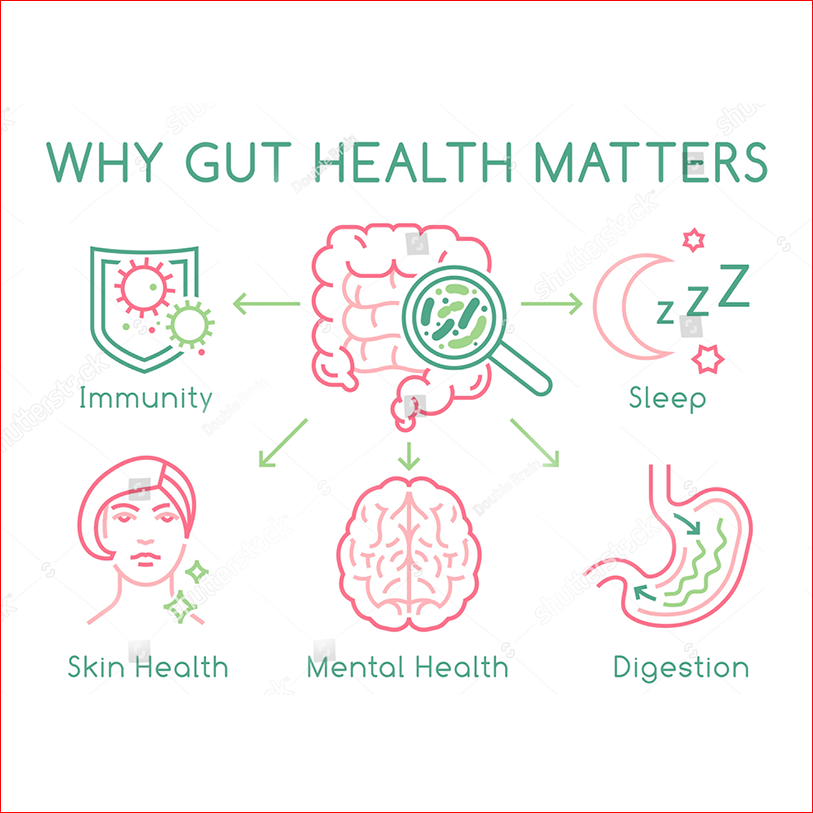O u r C o m p o s t i n g C o r n e r ![]()
.
All our food scraps from ALmar and at home go to either our compost, our worm farm or our chooks. So there is NO waste.
.
.
Compost, once broken down, is a simple way to add nutrient rich humus to your lawn or garden that fuels plant growth and restores vitality to depleted soil. It’s free, easy to make and good for the planet, that provides us with so much.
.
.
As things start to warm up and break down, microscopic organisms will increase and help aerate the soil, break down the organic matter for plant use and ward off plant diseases.
.
.
A healthy compost should have much more carbon than nitrogen.
.
C a r b o n
.
Carbon-rich matter (like branches, stems, dried leaves, peels, bits of wood, bark dust or sawdust pellets, shredded brown paper bags, corn stalks, coffee filters, coffee grounds, conifer needles, egg shells, straw, peat moss, wood ash) gives compost its light, fluffy body.
.
.
N i t r o g e n
.
Nitrogen or protein-rich matter (manures, food scraps, green lawn clippings, kitchen waste, and green leaves) provides raw materials for making enzymes.
.
.
A simple rule of thumb is to use one-third green and two-thirds brown materials. The bulkiness of the brown materials allows oxygen to penetrate and nourish the organisms that reside there. Too much nitrogen makes for a dense, smelly, slowly decomposing anaerobic mass.
.
.
Good composting hygiene means covering fresh nitrogen-rich material, which can release odors if exposed to open air, with carbon-rich material, which often exudes a fresh, wonderful smell. If in doubt, add more carbon!

